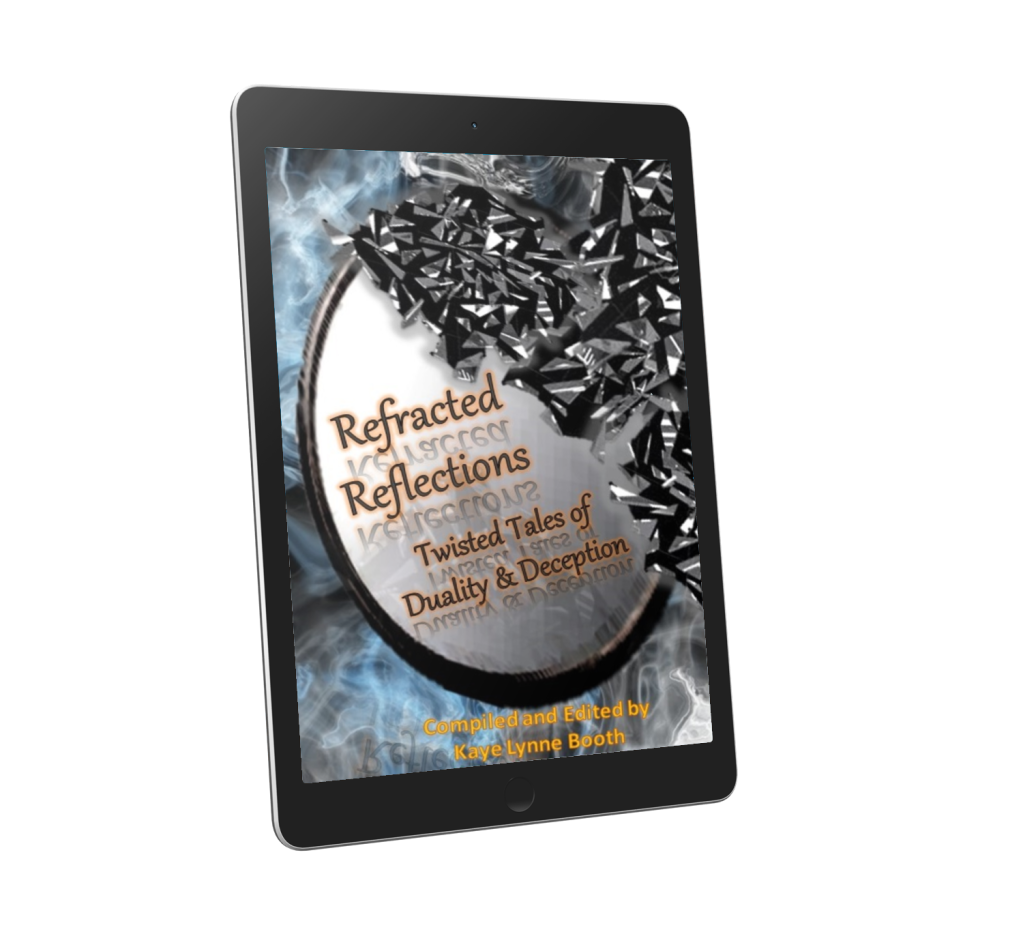Weekly Writing Memo: Inciting your Story
Posted: July 6, 2016 Filed under: Uncategorized Leave a comment The inciting incident is the event in the story that causes the main conflict of your story to happen. Choosing the incident that starts your story is important because it is the foundation for all events that happen from that moment on. If you don’t write the inciting incident correctly, your story may not work or make sense. To know if your incident is working, ask yourself these questions:
The inciting incident is the event in the story that causes the main conflict of your story to happen. Choosing the incident that starts your story is important because it is the foundation for all events that happen from that moment on. If you don’t write the inciting incident correctly, your story may not work or make sense. To know if your incident is working, ask yourself these questions:
Is it big enough?
The inciting incident has to be something big enough that it changes things for your character. It may seem small when it happens, but the event has to create a cascade of events for the rest of the story. Basically, the inciting incident is starting an avalanche, so it has to be powerful enough to get things moving.
An example of this which most people will know is in Lord of the Rings. The inciting incident for the trilogy can go all the way back to Bilbo Baggins finding the ring, or it could be considered to be when Bilbo leaves the ring to Frodo. It seems inconsequential, but it’s a major thing because of what the ring really is. Basically, because the ring is not just any ring, it’s THE ring, it’s a huge event that leads to the endless conflicts throughout the rest of the series.
Is it small enough?
While it’s important that the inciting incident is big enough that it can cause a huge series of events that will fill a story, it doesn’t need to be so big that it feels like the climax of the story. There are some stories that have huge inciting incidents, but the inciting incident should never be so big that it overshadows the rest of the story. There has to be somewhere for the story to build to. In most cases, the inciting incident is something small, that could almost seem inconsequential to the reader and the protagonist, but it has much bigger implications.
Returning to the Lord of the Rings example, when Bilbo leaves Frodo the ring it seems like such a small unimportant thing. It’s just a ring! But there is foreshadowing with the way characters interact with it that shows there could be something more about it.
Is it realistic?
Whatever your inciting incident is, it has to be something that is believable for your story. Being realistic and believable is, of course, subjective, but what matters is that it fits YOUR story. If the inciting incident doesn’t fit your world and your characters, it will feel like the author is forcing the story to go in the direction they want it to go; it’ll make the story feel unnatural.
If you worry about making something realistic, just remember that anything can be believable in a story if set up right. Sticking with the Lord of the Rings example, Bilbo finding the ring could be considered unbelievable, except that the ring is set up to have a sort of will of its own that makes people do things. This sets it up for every character who possesses the ring, or who is even in the same vicinity of it, to act in certain ways that can help move the plot forward. It works because it was set up that way from the beginning.
Does it matter?
The final thing to consider for your inciting incident, is whether it matters. If the inciting incident is something that changes nothing for your character, or the plot, then it is not really an inciting incident at all. As mentioned in the previous sections, it has to be something that is big enough to lead to future events. Beyond that, though, it has to be something that impacts the protagonist in a way that is significant enough to force them to act in some way. This is the incident that propels your protagonist to make some decision or change that leads them on the journey of the story. If the inciting incident isn’t something that does that, then it doesn’t matter to the story or the character and isn’t an inciting incident.
In Lord of the Rings, when Bilbo gives the ring to Frodo it matters immensely to Bilbo. He doesn’t want to give it up, and almost doesn’t. Frodo knows how much this ring means to Bilbo, so it matters greatly to Frodo when he is given it. He knows it’s something special, even if he doesn’t know what.
Final notes:
Whatever your inciting incident is for your story, as long as it fulfills the requirements above it should be a successful event to get your story started. The thing that matters most is that your event fits your story, and that it can be the first domino in a chain that causes future conflicts. Your entire story hinges on that first incident, so make sure it is solid before you get started writing or your entire story could falter.
Robin Conley offers great writing advice most Wednesdays on Writing to be Read. If you just can’t wait until next week to find out more, you can pop into her blog, Author the World, for more tips, or a weekly writing prompt.














